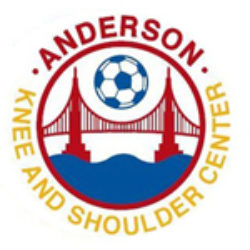As I had mentioned in a previous blog, I have been attending meetings to stay abreast of the many changes in healthcare. One of these meetings was hosted by a hospital system. The hospital wanted to lay out their strategy to deal with the anticipated changes to the healthcare landscape.
One of their basic tenets rang true to me. Their goal was increase the number of patients that would choose their hospital by providing what they called “a differentiated patient experience.” This is something that Dr. Lesley Anderson and I strive to do every single day.
One of the most important roles that a doctor fulfills is the gatekeeper of information. Due to their expertise, doctors have the key to a vast amount of knowledge. They can enlighten a patient about their disease/problem and potential treatments. In the information world, they can direct patients to reputable sources of information and steer them away from unreliable sources.
This is one of the more challenging aspects to the job. First of all, education takes time. Performing a thorough evaluation, formulating a treatment plan, and answering the patient’s questions doesn’t leave much time for education. Secondly, it can be very difficult to explain medical topics at the appropriate level. Finally, it is well known that it is difficult to communicate more than 2 or 3 important facts in one office visit.
Dr. Anderson and I take our role as educator very seriously. The practice’s website is full of educational content. Even this long-running blog, initiated by Dr. Anderson, is an attempt to educate our patients about issues that do not fit nicely into a disease-defined box.
However, we can do better. We are actively pursuing educational tools to supplement our patient’s office experience. We anticipate adding to the current educational content with both commercially available content and some “homemade” offerings. I have been emailing informational links to patients that speak to their unique musculoskeletal problem. With an eye to making this interaction more robust, we are looking at new software to facilitate communication and dissemination of information. In the spirit of exploring social media and medicine, I have started a professional facebook page www.facebook.com/pages/Robert-Purchase-MD/148246755251988?ref=tn_tnmn. It allows me to explore musculoskeletal topics in a completely different way. Hopefully, it is a non-traditional source of medical information that benefits the community at large.
Dr. Anderson and I have always been fully committed to our role as educators. It has always been and will remain key to our attempts to provide high quality orthopedic care and a differentiated patient experience.
-Robert J Purchase, MD
